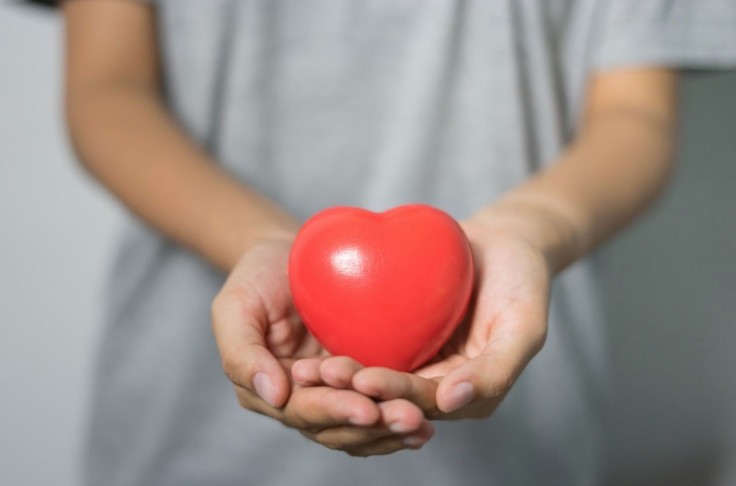What Is Broken Heart Syndrome? Coronavirus Stress Can Lead To Heart Dysfunction

KEY POINTS
- Broken heart syndrome cases rose to 20 among study population during the pandemic from March 1-April 30: study
- Earlier, there used to be only 5-12 cases during a 8-week period
- The researchers reviewed records of 1,914 patients in two Ohio hospitals
- All patients were COVID-19 negative
Cases of the "broken heart syndrome" have shown an increase during the coronavirus pandemic, a study by experts from the Cleveland Clinic has found.
Based on medical records of 1,914 patients from two Ohio hospitals, the researchers found that diagnoses for broken heart syndrome rose to 20 for the period March 1 through April 30, and the patients stayed at the hospital longer. Before the pandemic, there have only been five to 12 cases of the condition within an eight-week period.
Typically, 90% of broken heart syndrome patients have been women above 70 years. The researchers found that among the study subjects, 30% of those with the syndrome were men in their early 60s.
Takotsubo syndrome, also known as broken heart syndrome, is characterized as a stress-induced disease of the heart muscles (cardiomyopathy), which may manifest symptoms like shortness of breath or chest pains. The illness feels like a heart attack caused by stressful events and not by a blockage in the arteries.
Broken heart syndrome can be treated and the condition could be reversed in about two months.
"It’s been associated with severe emotional stress, but it could be any type of stress like breakups, loss of a loved one, a heated altercation with a family member or severe depression," Dr. Ankur Kalra, who led the study, said.
According to the American Heart Association, people with no history of heart disease may still experience the following symptoms of broken heart syndrome: chest pain (angina), arrhythmias (irregular heartbeats), cardiogenic shock or when the heart does not pump enough blood. Broken heart syndrome can be seen in the EKG results indicating no blockages and blood tests indicating no heart damage. The patient usually recovers within days or weeks compared to the recovery time of a heart attack patient.
Can you die of a #brokenheart?💔 Also called Takotsubo Cardiomyopathy, Broken Heart Syndrome is triggered in response to #emotional strain, such as a bad breakup - or even winning the lottery!😯 Think you may be at risk? Check out my #biom4180 infographic to find out more👇🏻 pic.twitter.com/p9HI1WMF8u
— Sarah Campbell (@SCampbellCardio) April 7, 2020
Kalra's team noticed the rise in broken heart syndrome at the end of March and wondered if it was related to the coronavirus pandemic. The patients were all negative for COVID-19 but the experts concluded that coronavirus brought a new health hazard and stressors like socioeconomic and psychological stress.
The study's findings were published in the JAMA Network medical journal Thursday, July 9.
"Emotional distancing is not healthy. The economic impact is not healthy," Kalra said, according to CNN. "We've seen that as an increase in non-coronavirus deaths, and our study says that stress cardiomyopathy has gone up because of the stress that the pandemic has created."
American Psychological Association director Lynn Bufka said the study's findings are concerning but not a surprise. The expert said this once again proves the impact of stress on the body's physical and mental health, which doctors have known for years.
Public health experts are sounding alarms on the effects of coronavirus to one's physical and mental wellbeing. They have advised patients to go to the hospital if they think they should receive care, despite the worry about the surge in coronavirus at hospitals.
"You should not brush it under the carpet just because there's a pandemic happening," Kalra said.
© Copyright IBTimes 2025. All rights reserved.





















